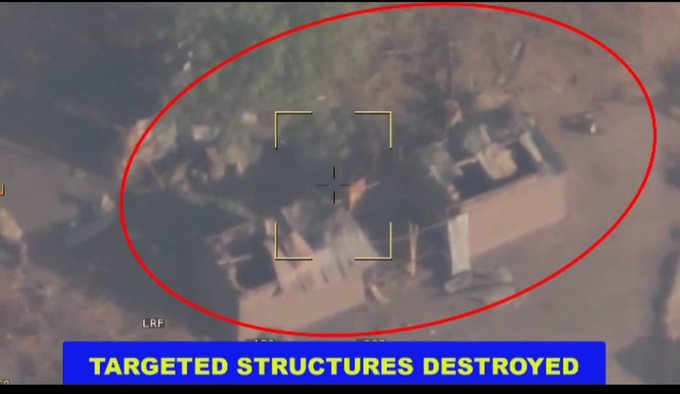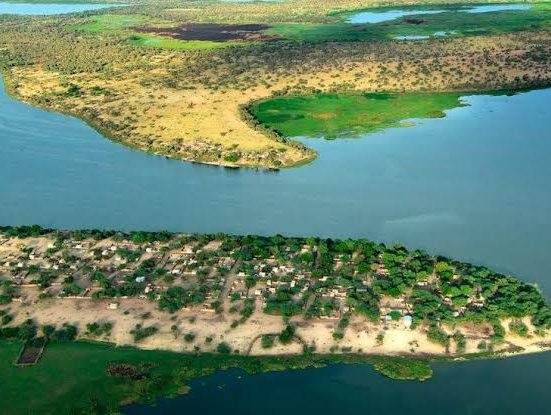The Nigerian Air Force (NAF), under the ongoing Operation Hadin Kai, has intensified aerial bombardments in the Lake Chad Basin, successfully neutralising insurgent strongholds near Marte and preventing attacks on Monguno.
In coordinated missions across February and November 2024, NAF fighter jets delivered precision-guided strikes against critical ISWAP positions. Notably, on February 18, the Air Force eliminated three high-profile ISWAP commanders and approximately 22 militants near Marte, disrupting enemy leadership and operations .
Similar operations in November struck enemy food-storage facilities at Jubillaram in the Tumbuns region. These strikes destroyed key logistics centres used by terrorists staging assaults, including the attack on Nigerian troops in Kareto, and killed dozens of fighters on site .
The Director of Public Relations, Air Commodore Olusola Akinboyewa, confirmed the operations were anchored on meticulous intelligence, surveillance, and reconnaissance (ISR) efforts. He emphasized that the removal of both supplies and combatants “severely disrupted their logistical operations” and significantly diminished their capacity to threaten Marte and Monguno .
Monguno, which has endured multiple insurgent attacks in recent years, benefited directly from these airstrikes, as they forestalled militia movements toward the town and safeguarded vulnerable communities.
These sustained NAF air attacks underscore Nigeria’s aggressive stand against violent extremism in the Lake Chad theatre. By integrating intelligence-driven strikes with ground operations, the military aims to weaken insurgent infrastructure permanently. With ongoing commitment, this aerial campaign promises to reinforce security in northeastern Nigeria and protect civilians in critical towns like Marte and Monguno.
Background in Brief
February 18, 2024: Airstrikes eliminated three ISWAP commanders and 22 militants near Marte .
November 23, 2024: Jubillaram food depot destroyed, dozens of insurgents killed; crucial logistics hub neutralised .
These results reflect Nigeria’s strategic emphasis on ISR and targeted airpower to disrupt insurgent command chains, supply lines, and territorial expansion.



